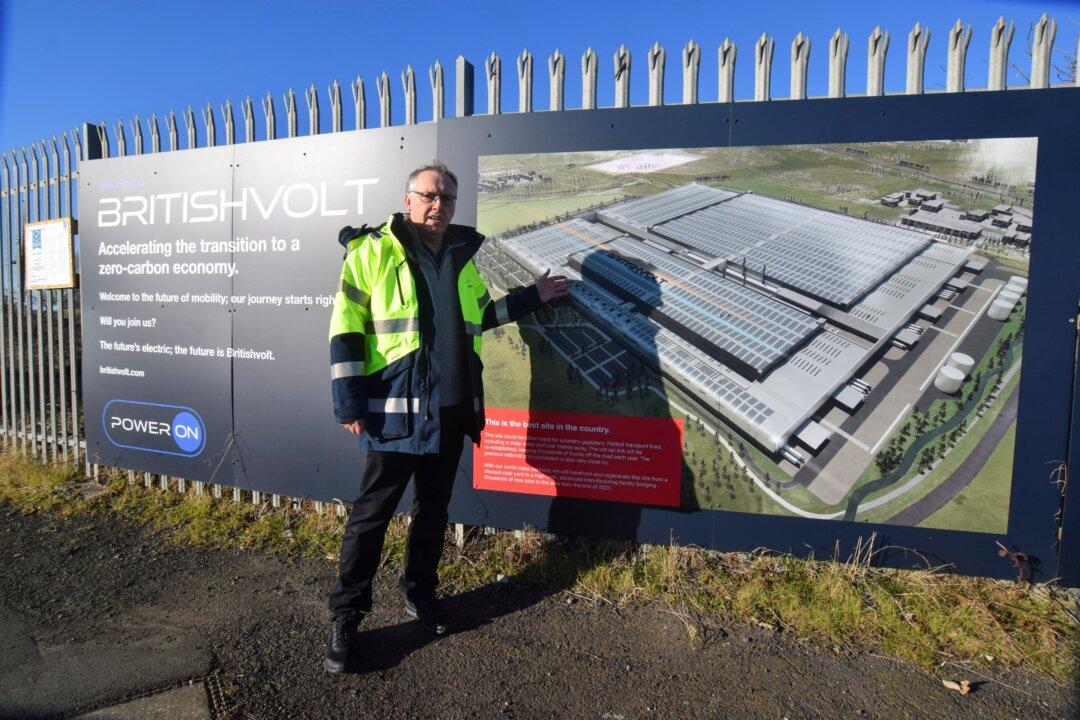Australian startup Recharge Industries has confirmed that it has completed the takeover of Britishvolt—the UK company that failed to build a battery factory in northeast England.
Founded in 2019, Britishvolt had promised to build a £3.8 billion ($4.6 billion) gigafactory to produce batteries for electric cars in Blyth, Northumberland. The company said it would employ 3,000 people and produce batteries for 300,000 cars and vans per year.





